Q&A with Ann Mekala of Hyssop
"The smallest gesture shows that you have created a place of celebration for your guests"
— Ann Mekala of Hyssop
Ann grew up surrounded by flowers in a home beside a lake. She spent her summers in the garden and her winters buried in seed catalogs and old botanical books. For holidays, she would put on her boots, grab her shears and head to the garden or the woods to gather branches, berries and cattails for the table
Ann’s work still tells the story of a tryst between garden and wild. Relying on local and foraged material, her colors, textures, and shapes reflect the beauty of the changing seasons. With a commitment to sustainability in all of he
Ann, you created a magnificent table for our Mia dinner. Guests started the night with a private curator lead viewing of Carravaggios of Judith and Holofernes, a very intense painting from which you drew your inspiration. You captured violence, beauty, and something delicate all at once! How did you do it?
I sat with the painting for a while before I started designing the tablescape and florals.It was important to me to capture both the violence along with the beauty and purity of Judith.
In the floral designs I played with the contrasting colors of deep red and soft whites and peaches. I included in the arrangements heavy substantial blooms next to light delicate ones. Just like in the painting the violent act stands in stark contrast to the beauty of Judith, I wanted the more dramatic and vibrant elements of the table to be mellowed and softened by more delicate aspects. The linens on the table were inspired by the fabrics that I saw in the painting as well.
“It was important to me to capture both the violence along with the beauty and purity of Judith.”
More and more people pay attention to seasonal, sustainable food. Is it something the average person thinks about when it comes to florals? It should be! Can you share your ethos and practices with us?
Yes! I am committed to exclusively using locally grown and foraged materials in my floral designs. With our current climate crisis it is more important than ever to examine our habits and ask if they are helping or hurting our planet.
The current floral industry has had a very negative impact on our beautiful earth. Pesticides used in growing, chemicals sprayed to prolong shelf life, planes packed with flowers being shipped all over the world, the health of communities near toxic flower farms being severely impacted. I work with local flower farmers who do not use chemicals. I used dried materials in the winter rather than imported flowers.
All of these things are a challenge in a place with a long season where nothing is grown but I hope to raise awareness to the need to change our habits of consumption of imported flowers.
What is your best dinner party or gathering tip(s)?
Always have something that brings festivity to the table. It doesn't have to be complicated. A branch snipped from your yard, a tomato vine in a jar, a bowl of cherries, a pine bough or some dried twigs you found on a walk. The smallest gesture shows that you have created a place of celebration for your guests.



